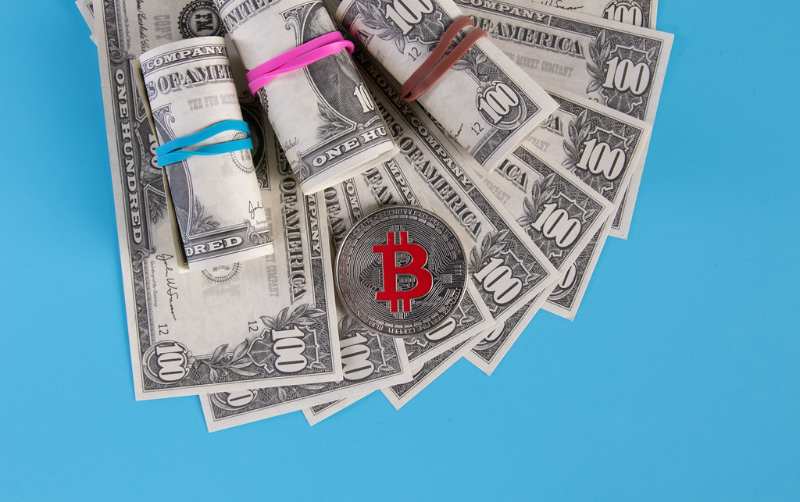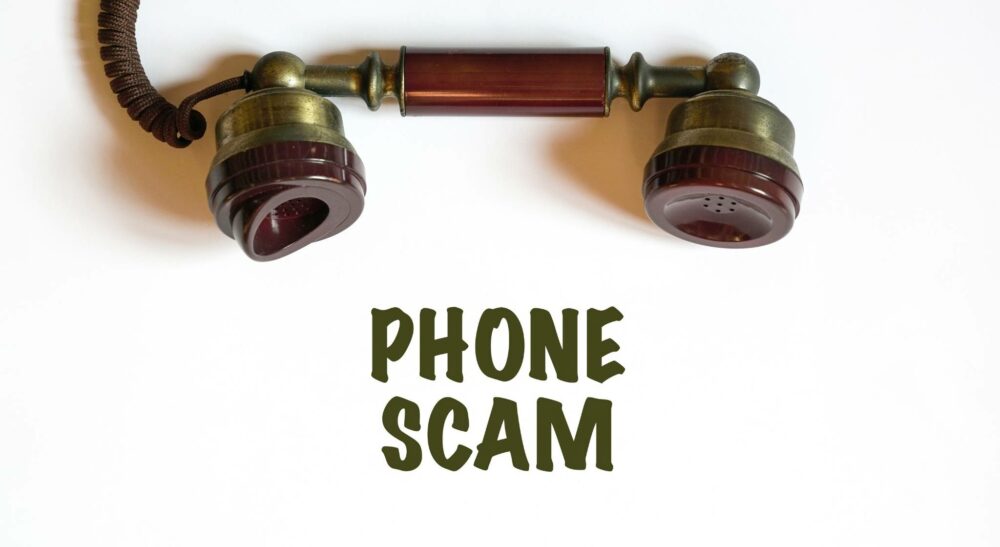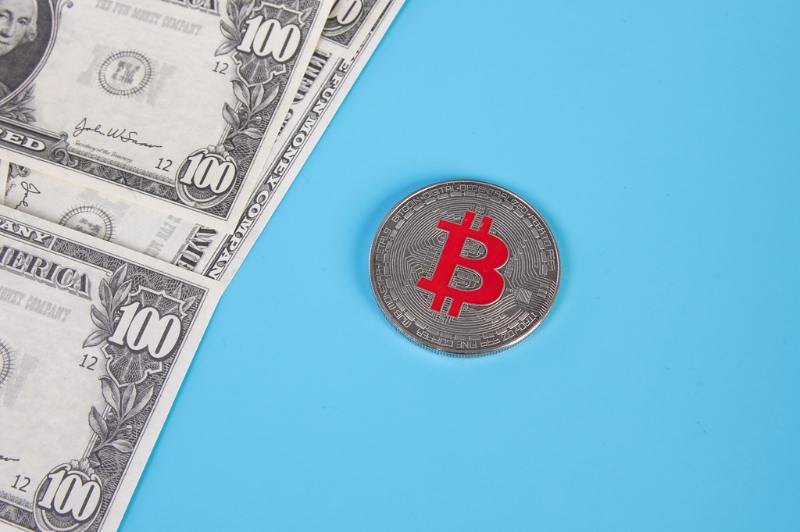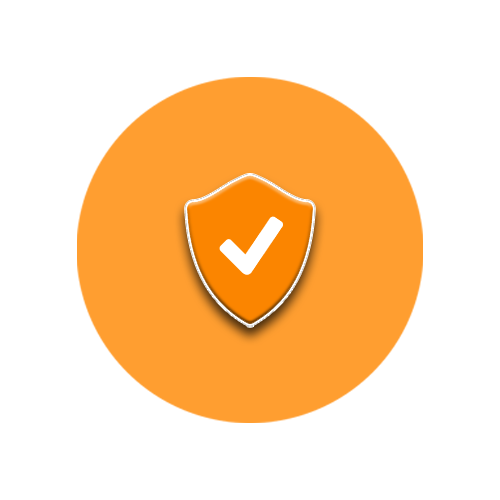Your Crypto Exchange Has Been Hacked! How Can This Happen?
Several alternative methods can be used to hack cryptocurrency exchanges.
Utilizing social engineering is one approach. Hackers will phone or send emails pretending to be firm employees. They will then request private data, such as passwords or security codes.

Exploiting software flaws in the exchange is another method. Furthermore, hackers might attempt to gain access to the exchange’s wallets and steal the cryptocurrencies that are located there.
Latest News & Scam Alerts




The Latest 411 on Current Day Cell Phone Scam

Smishing: A Whole New Level of Scams & Frauds
Over £27million lost to scams involving crypto and forex investments in 2018/19
Securities and Exchange Commission
If you’re someone who is into Cryptocurrency, then you’re definitely at the right place. We can give you the best practices in identifying red flags as well as help you in recovering your stolen money from scammers!
Table of Contents
Why Do Bitcoins Get Stolen?
Bitcoins get stolen because both hardware and applications (software) can be compromised. Private keys are kept in application and device wallets, where they are accessible by hackers who can then take your cryptocurrency.
How Is a Crypto / Blockchain Secured?
Cryptography and consensus ensure blockchain security.
Blockchains encrypt transaction data and contain data from previous blocks in each block. The ledger is linked via encrypted data. Each new block secures it.
Therefore, an existing blockchain cannot be hacked in the classic sense, where malicious code is inserted into the chain or someone “hacks” into the network with brute force and starts making modifications.

Which Cryptocurrency Has Been Hacked?
Cryptocurrencies have defied hacking efforts on their own. On cryptocurrencies like Bitcoin Satoshi Vision (BSV), Bitcoin Gold (BTG), and Ethereum Classic (ETC)., there have been a number of 51% attacks.
Can Someone Steal My Cryptocurrency?
If necessary steps are taken to secure and maintain control over your private keys, your cryptocurrency could be recovered.
Where Cryptocurrency Hacks Happen
Blockchain tokens represent cryptocurrency ownership.
The owner or chosen custodian has the private key for each token. The token and number could be compromised, but the encryption would take years to crack.

Wallet Hacks
Encryption weakens cryptocurrency and blockchain’s private keys and storage. There’s a cryptocurrency saying:
‘Not your keys, not your coin.’
If you don’t control your crypto’s keys, you can’t control what happens to it, regardless of the conditions. A custodial connection between the key owner and the key holder provides that entity control over your cryptocurrency.
Most wallet hacks and thefts include private keys. Wallets on mobile devices and PCs store all private keys. They can be written down or kept on USB flash drives.
Electronic and software wallets are either online (hot) or offline (cold). Hot and cold storage solutions offered by cryptocurrency exchanges are custodial since they keep your keys. Hackable devices and software.
Exchange Hacks
Despite their claims, custodial key holders are vulnerable. Exchanges store liquidity and customers’ private keys in cryptocurrency. Hackers target them.
Exchanges are robbed for cryptocurrency keys. Unless an exchange hacks your private keys, your cryptocurrency is protected.
WORRIED THAT SOMEONE HAS YOUR PERSONAL & BUSINESS INFORMATION?
With how easy it is for scammers to acquire your data, it’s reasonable to be alarmed. Protect yourself and your loved ones by getting advice from experts.
We will guide and even help you get your money back from scammers.

Early Bitcoin Exchange Hacks
When Was The Last Cryptocurrency Exchange Hack?
One of the most well-known cryptocurrency exchanges in the world was the first cryptocurrency exchange hacked in 2022. 483 or so client accounts may have been compromised on January 17. Although the precise reason for the incident is still unknown, Crypto.com CEO Kriz Marszalek revealed that there had been a security compromise, which had forced the exchange to suspend some services for 13–14 hours. From the well-known cryptocurrency exchange, a total of 4,836.26 ETH, 443.93 BTC, and over US$66,200 in other currencies were taken.
More Coins, More Hacks
In total, 46 exchanges have been infiltrated, causing the theft of consumer cash or personal data, according to our investigation.
Based on confirmed and reported occurrences in 2021, the number of exchanges that had been breached was reduced by 62.5%, with several exchanges seeing numerous breaches.

How to Secure Your Cryptocurrency
How to protect your Cryptos from hackers?
Cryptocurrency theft can be prevented with simple actions. Understanding your keys’ storage, access, and inaccessibility is crucial.
Wallets are hot, cold, custodial, or non-custodial. Hot wallets are the least secure. Never store your keys on a device with an always-on or accessible connection for security. Hackers can access your keys if it’s connected and uses an app.
You don’t require a commercial wallet, contrary to advertising and cryptocurrency wallet evaluations. Encrypted thumb drives work too. However, USB connections weaken over time, and a cold storage device becomes hot storage until it is unplugged from a computer or other connected device.
Non-custodial cold wallets are safest. A passkey-encrypted device or a piece of paper with the keys printed on it can be used. Paper wallets are fragile and should only be used temporarily.
Top Keys Points to Stay Protected
- Don’t keep your keys in the wallet on your phone or another internet-connected device.
- Always store your private keys in cold storage.
- Don’t let anyone store your keys unless you’re comfortable with the consequences.
- Use your cryptocurrency by transferring the keys you need to your hot wallet, completing your transaction, and then removing them.
- Secure, humidity-controlled, wired-free cold storage is best.
- Check your equipment regularly for degradation. If so, move your keys.
- Never share your private keys.

The Importance of Cybersecurity
Today’s cyber security sector prioritizes device and system defense.
Visualizing these efforts’ impact is more accessible than their bits and bytes. Due to constant denial-of-service attacks, many websites would be unusable without cyber security professionals. Imagine not having access to Simplilearn’s community of experts and certified professionals—no more tips, techniques, and assistance to reach your professional goals!
Without strong cyber security, electricity grids and water treatment plants that keep the world running could be destroyed.
Simply put, cyber security is crucial because it supports the preservation of the lifestyles we have grown accustomed to and enjoy.
do you need help?
A lot of those who contact us have questions and concerns about their personal and business data being compromised. We aim to arm you with the legal and technical know-how in the fight against scams. Also, we will be able to refer you to top scam recovery agencies.
Please fill up the form. Rest assured that our support team will get in touch with you





